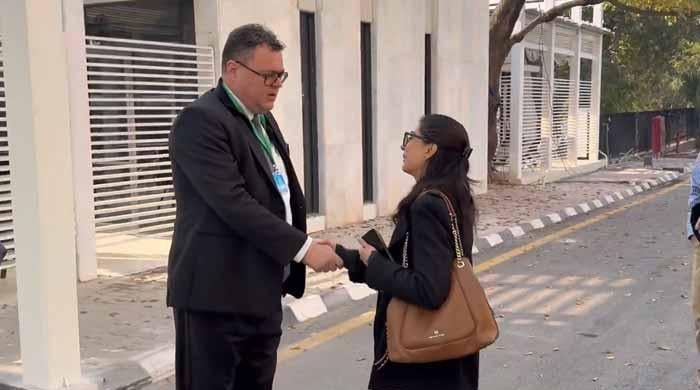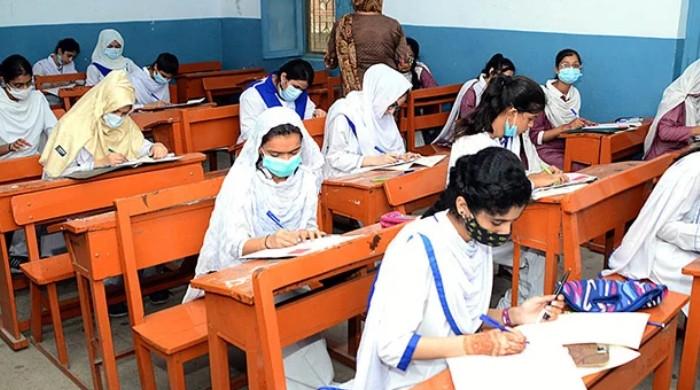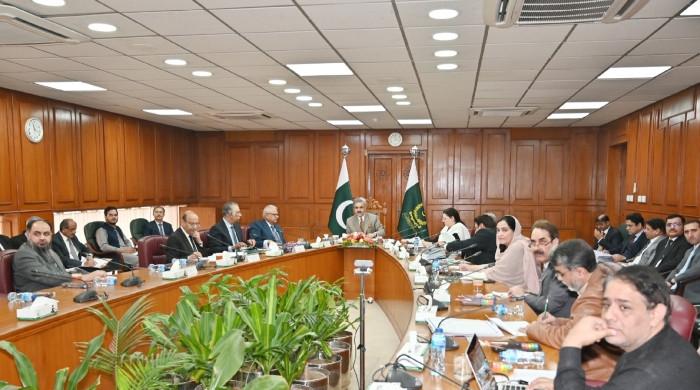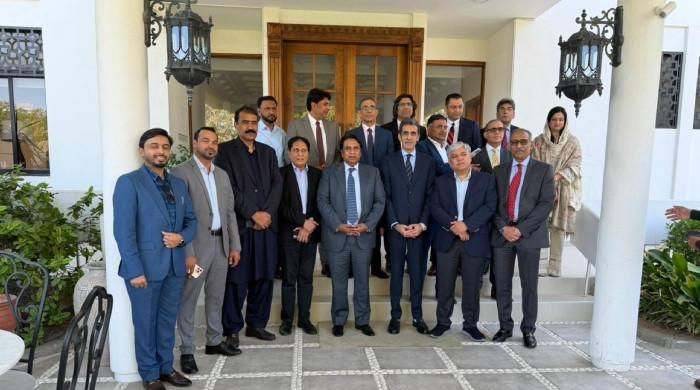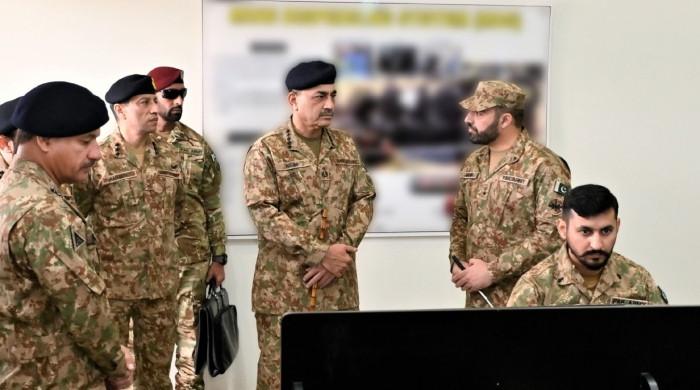Iranian envoy warns against desert locust attack, calls for regional cooperation to prevent disaster
Envoy says emergence of new challenge requires timely, collective response from region
May 05, 2020
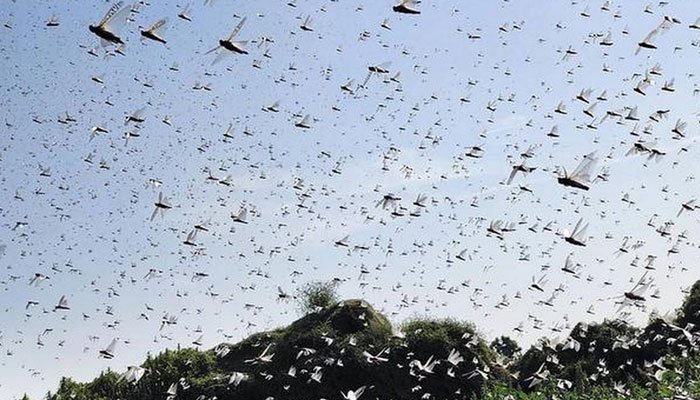
KARACHI: Seyed Mohammad Ali Hosseini, Ambassador of the Islamic Republic of Iran to Pakistan, has called for regional cooperation to tackle the attack of the desert locusts on crops in South Asia, The News reported on Tuesday.
"The emergence of new challenges like virus originated global pandemics, climate change, pollution and infest of locusts require timely and collective response," he said on Tuesday.
The ambassador further warned that infestation of locusts from different sides threatened the food supply for millions of people in Iran and Pakistan, as well as the wider South Asian region.
Also read: CM Sindh warns of 'massive' locust attack in letter to PM Imran
This year, the unusually warm and wet winter has allowed an extra generation of breeding, meaning that the desert locust infestations will be much larger than normal and pose a major risk for the region.
"It is predicted that the locust may swarm Iran and Pakistan in the worst desert locust outbreak in the last 50 years. In this regard, the two countries need early cooperation to prevent this disaster," he said.
Also read: Massive locust attack expected in Sindh next month: officials
'Iran reporting situation on regular basis'
The best way of preventing such an horrible attack that can damage thousands of hectares of agricultural lands is early warning, spreading pesticides and countering them before breeding, he added.
"Iran and Pakistan will enhance cooperation with the Food and Agriculture Organization (FAO) and benefit from its experiences," the envoy affirmed.
"In the fight against the desert locusts, the Plant Protection Organization (PPO) of Iran has been reporting the situation to FAO on a regular basis," the envoy elaborated.
Also read: PM Imran, Hasan Rouhani discuss prevalent COVID-19 situation
'Iran, Pakistan can overcome common difficulties'
Hosseini said Iran and Pakistan should enhance bilateral cooperation to tackle the situation. "Ministries of Foreign Affairs of Iran and Pakistan are cooperating closely to enhance the connection between the related focal points," he underscored.
"Iran and Pakistan have proved during the history that they can overcome their common difficulties with joint efforts. Crippling sanctions against Iran have drastically reduced resources that were supposed to be allocated to desert locust problem," he said.
"If Iran won’t be able to control the pests, Pakistan will also be damaged. So, the subject of sanctions and its consequences is not just for Iran and needs raising our voice against the sanctions," he noted.
Originally published in The News





